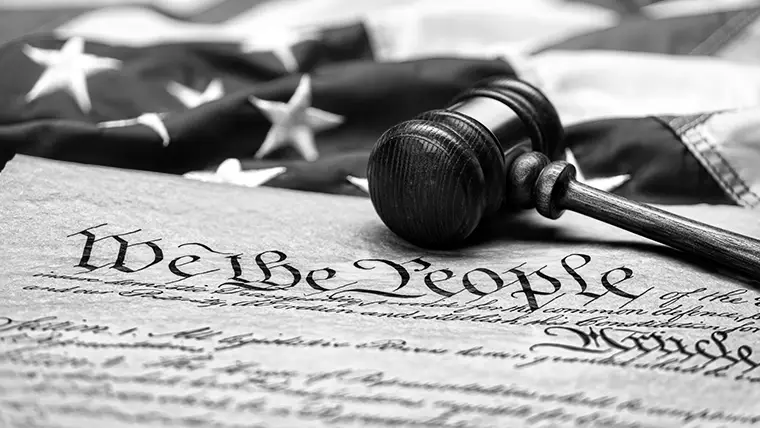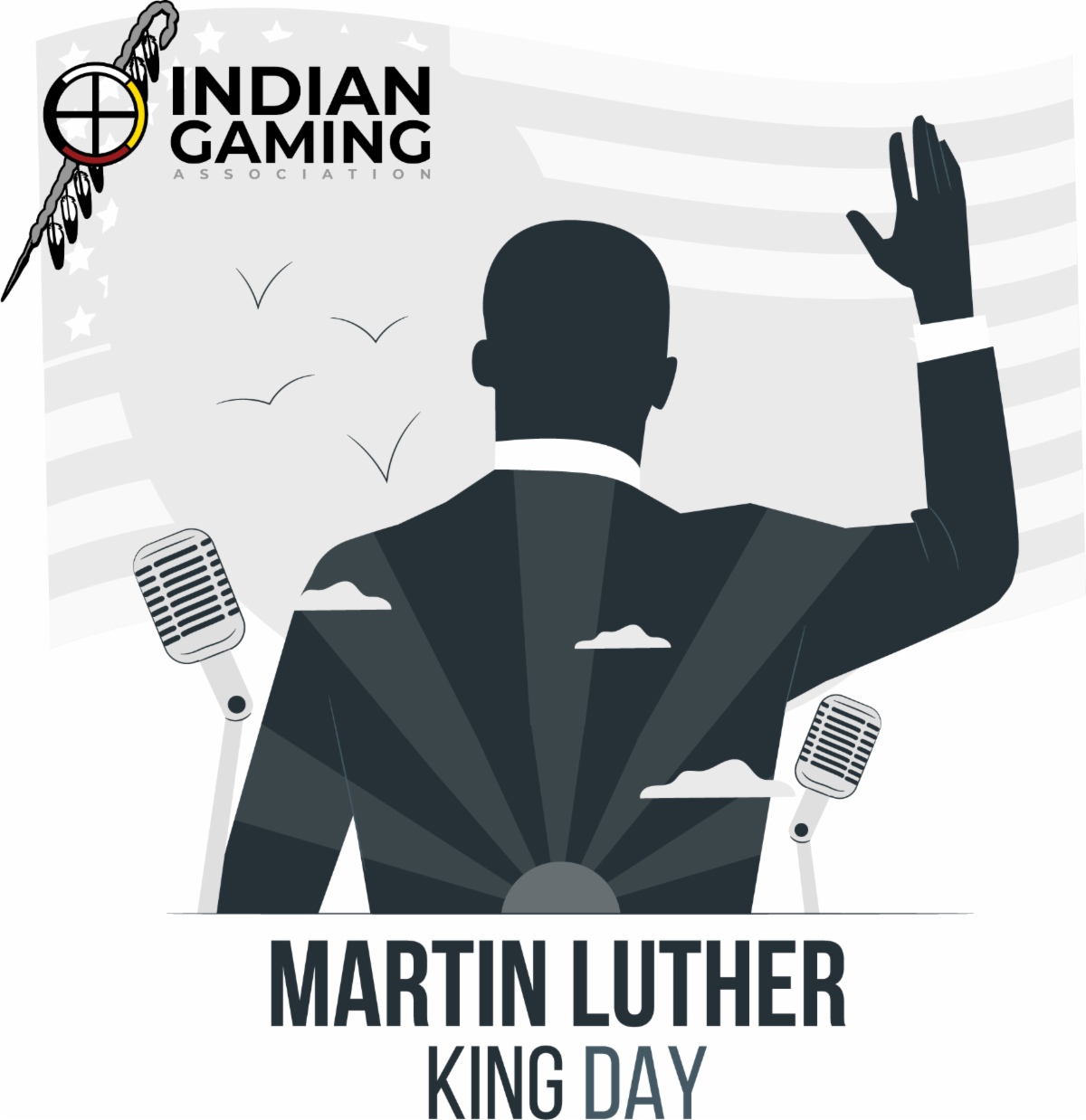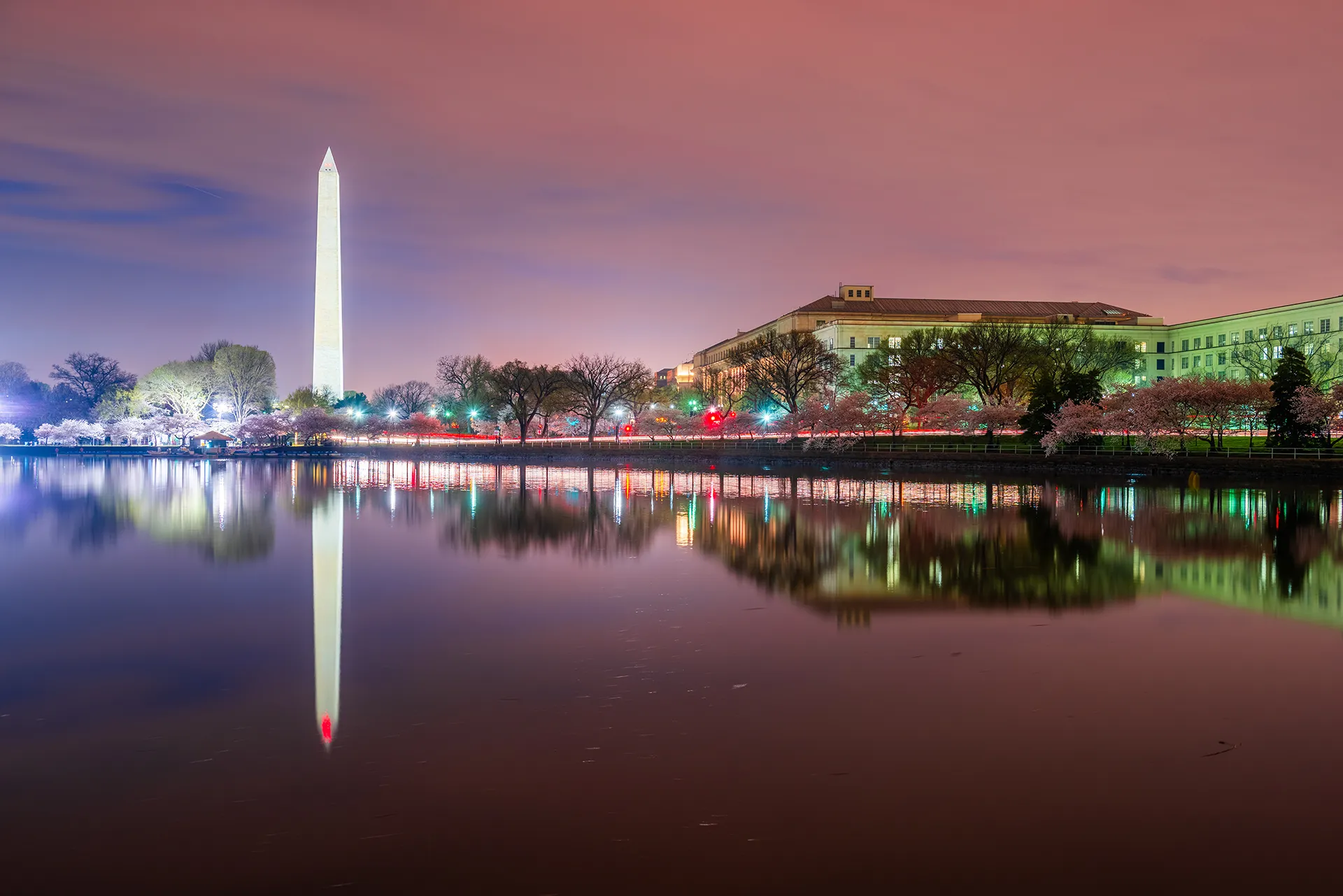January 21, 2019
Washington, D.C. – January 21, 2019 – Since 1986, on the third Monday of each January, the United States observes the legacy of civil rights leader Dr. Martin Luther King Jr. by commemorating his birthday, which is January 15, 1929. Today is the day set aside to honor Dr. Martin Luther King, Jr., who would have celebrated his 90th birthday.
Dr. King, a nonviolent activist, and leader of the African-American Civil Rights Movement is a renowned public figure, who lived his life devoted to bringing about a message of equality and justice that molded our country. On this day of dedication and honoring of Dr. Martin Luther King, Jr., we remember that all men and women, regardless of color or creed, are equal members of humanity. Through his words, works and actions, he taught about the need for equality and inspired millions with his driven passion that left a legacy which continues to shine a light into many in our world today – five decades after his untimely death.
Too often many enjoy the holiday without reflecting on what lessons King’s unarmed fight for peace might have for our world today. Unfortunately, in our current climate, it is more important than ever to remember that this day is not merely about recognizing the past struggles but confronting the reality that the quest for peace and radical harmony continue to persist in America. The words of Dr. King remain as relevant as they were years ago and now more than ever are deeply important to share as we commemorate this civil rights leader.
Fifty-four years ago, Reverend Martin Luther King, Jr., stood before the Lincoln Monument and declared, “I have a dream that my four little children will one day live in a nation where they will not be judged by the color of their skin, but by the content of their character.”
Fast forward to 2019, just days after the anniversary of King’s birthday and at this same Lincoln Monument, Indian country was reminded about how prominent the depths of racism continue to exist today, when Omaha Nation Native Nathan Phillips, who is a long time spiritual leader and advocate was met with confrontation, after participating in the Indigenous People’s March.
In 1965 King speaking about war and peace said, “The ultimate test of a man is not where he stands in moments of comfort and moments of convenience, but where he stands in moments of challenge and moments of controversy.” Phillips, a keeper of a sacred pipe and Viet Nam Veteran, chose peace, patience, and intolerance in an attempt to defuse the confrontation through the power of our sacred drum and song. This moment brought about instant worldwide attention and will forever take its place in history as one of the most significant examples of choosing peace and assertiveness while continuing to fight for our rights as the first Americans. Chairman Stevens reflects, “One of my favorite quotes from Dr. King is, ‘Hate cannot drive out hate. Only love can do that.’ This is a classic example of what our Native Leaders have taught us and what Martin Luther King stood for. Education and advocacy always wins out over anger and aggression.”
Dr. King understood the Native American plight because the similarity in the journey of the African Americans and the Native American can be seen throughout history. In his book, ‘Why We Can’t Wait,’ released in 1963, Dr. King wrote about the origins of racism in this country; he strongly condemned the historical injustices inflicted on Native people. He acknowledged, “Our nation was born in genocide…. We are perhaps the only nation which tried as a matter of national policy to wipe out its Indigenous population.” From slavery and other atrocities to racism and discrimination, both races have faced and persevered against enormous odds.
It is vital that we continue to work to educate America about the real history of our Indigenous people and our culture and beliefs and the contributions made by our Native leaders who fought extensively for Native American rights which are based on civil rights, equality, and recognition of our sovereign rights.
Dr. King will forever be a national icon revered for his tremendous impact in the history and life of African Americans and all other minorities in this country. He was instrumental in helping end racial segregation and racial discrimination through nonviolent means, and he left us all a blueprint for what it means to be an advocate for justice, connected not just by words and speeches, but by real action.
The National Indian Gaming Association celebrates Dr. Martin Luther King, Jr. Day, his life, journey and his vision that taught so many about the values of courage, truth, dignity, humility, and peace.
BIA Publishes Final Rule for Section 293 Class III Tribal-State Gaming Compacts

Remembering and Honoring the Legacy of Dr. Martin Luther King, Jr.

Statement From The Chairman Of The Indian Gaming Association: “Compromise or Collision Course: Americans Need Government to Function”
